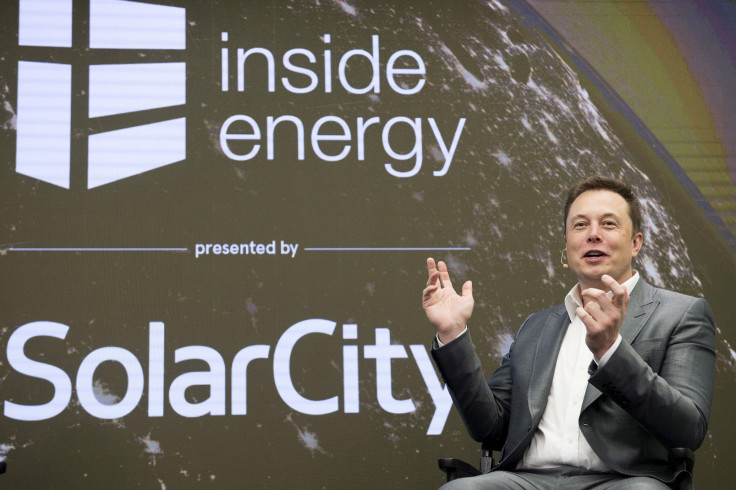SunPower CEO skeptical on Tesla's affordable solar roof production

SunPower CEO Tom Werner has been skeptical that Tesla CEO Elon Musk could pull off an affordable solar roof. Werner said that a decade ago, SunPower offered a solar roof option but he found that a solar roof option was too expensive for the amount of energy it produced.
He said that the company saw a problem in keeping the roof cool. "You take the same material and you have less energy production because it’s a little shingle. And then also, because they're part of the roof, they get hot. So you have to pay to keep them cool," Wegner told the Business Insider. He said that it was a trade-off of looks cool versus costs more. However, their customers said that it does not look cool enough to offset.
In October 2016, Musk said that it would unveil four different roof shingles including textured glass tile, slate glass tile, Tuscan glass tile and smooth glass tile. The shingles resemble current roofing material style that is transparent solar. However, it appears opaque when viewed from an angle. The aesthetically appealing roof would cost less than a normal roof according to Musk. He said that the cost was factored in the cost of labor.
Apart from SunPower, Dow Chemical Company had difficulty in making the solar roof a reality. In July 2016, Dow Chemical Company discontinued its solar shingle business because they became less efficient.
Werner said that he was sure that Tesla would come up with something novel. But he noted that the concept has been used by many companies in the past. Tesla declined to comment on his claims.
Musk has been known in pulling off ideas that were thought to be impossible. The CEO's company was able to land a rocket on a floating platform in the middle of the ocean. He was also known for keeping his electrical car business afloat during the time when many startups in the space experienced bankruptcy.
The Tesla founder's idea about the roof shingles is expected to come to reality. The solar cells for the roof will be manufactured at the end of 2017 at a factory in Buffalo, New York and they will be made by Tesla and Panasonic. It is also expected to work better with battery storage systems like the Tesla Powerwall. The at-home battery can store 13.5 kWh of energy.
On his website, Musk expressed his thoughts about climate change. He cited that sustainable energy generation, batteries and electric cars were the three components that could help address the problem. He believed that the components would become even more powerful.





















